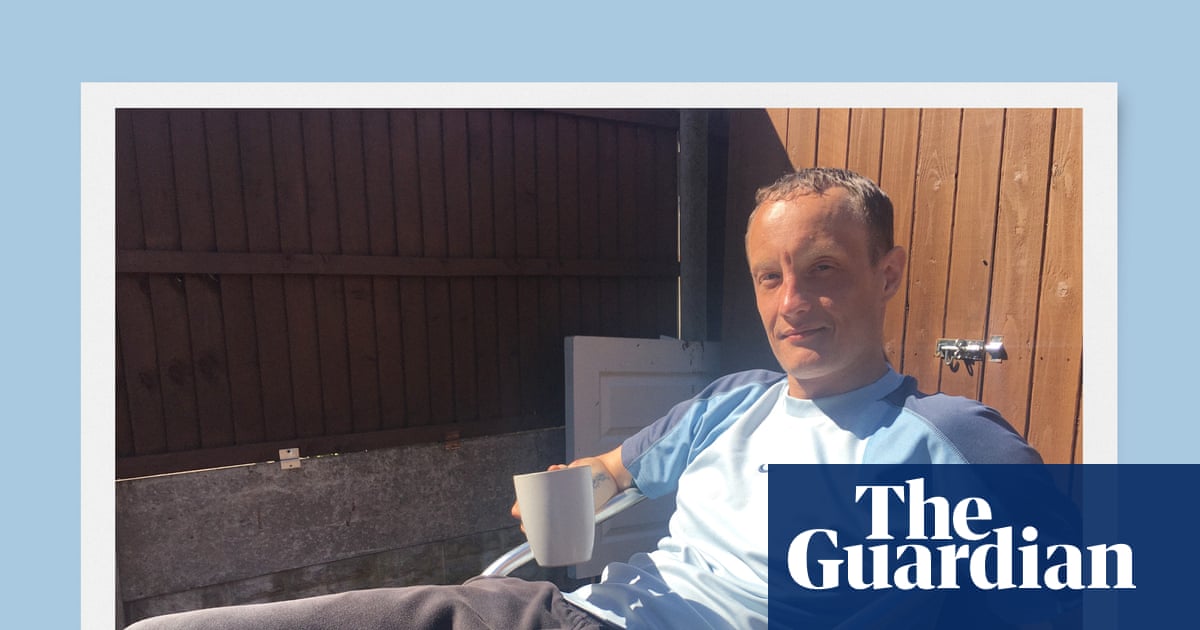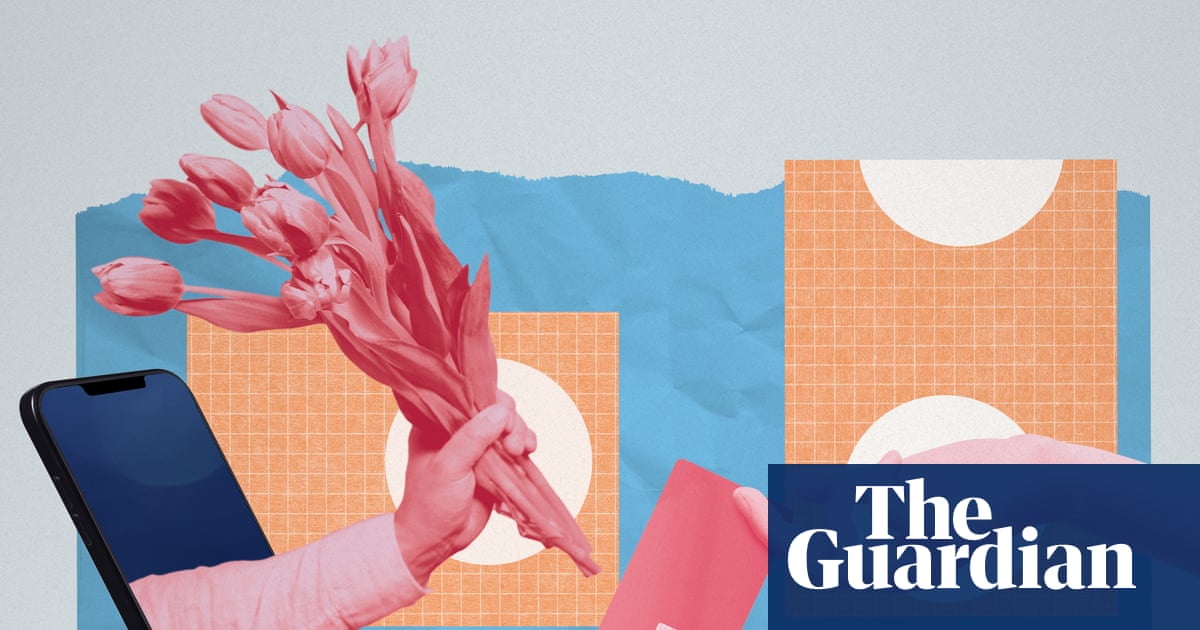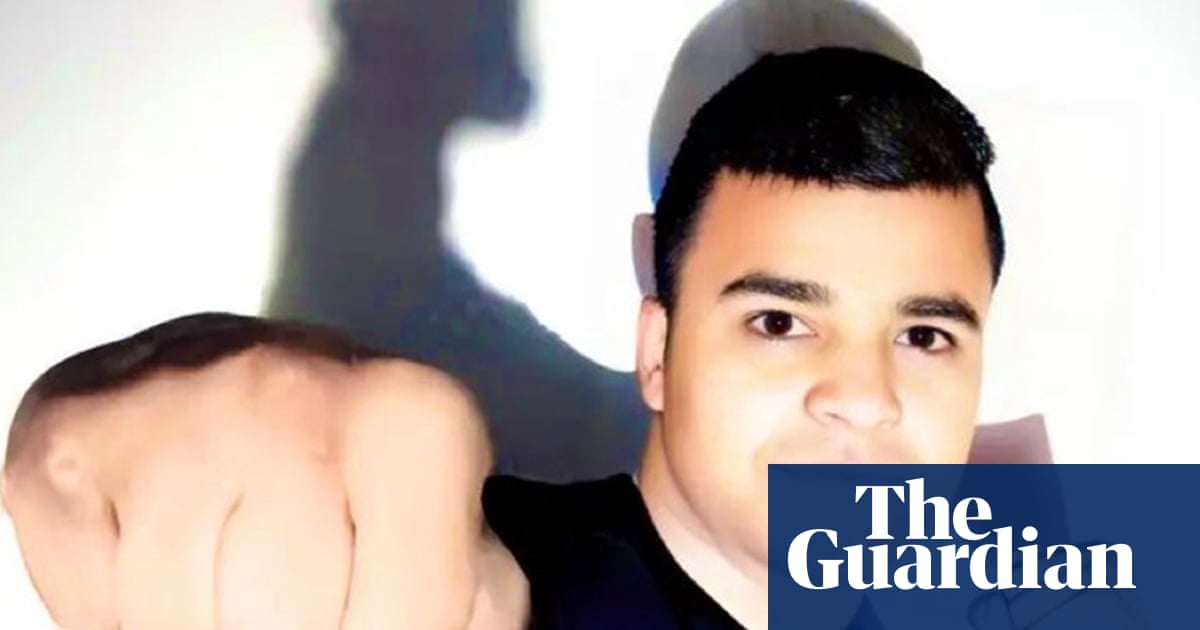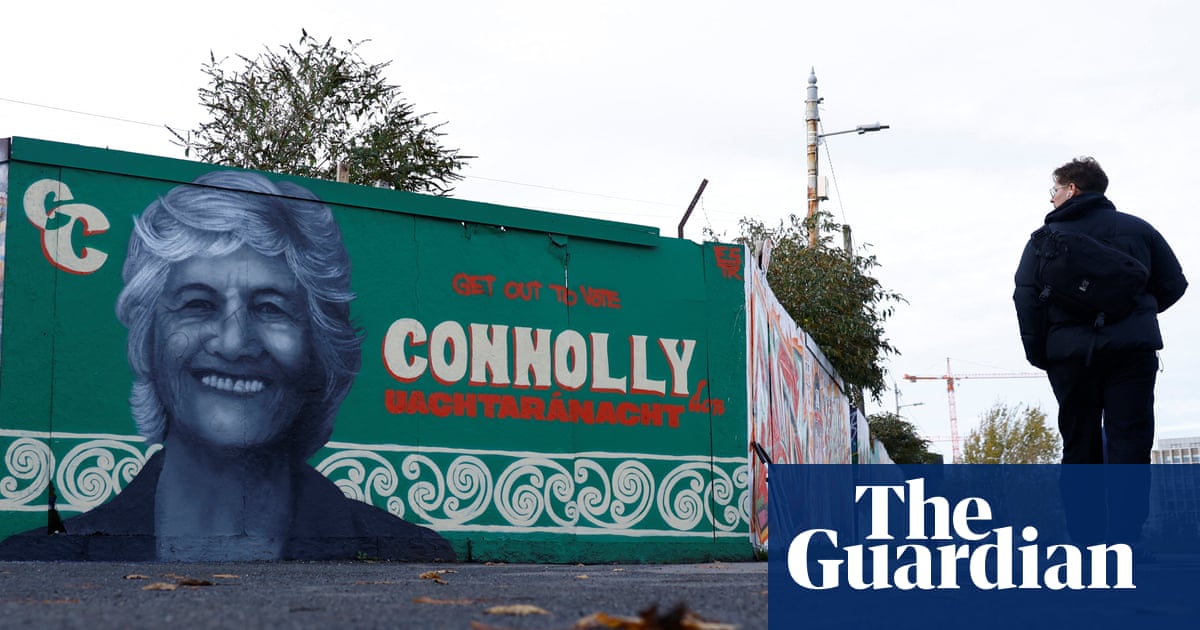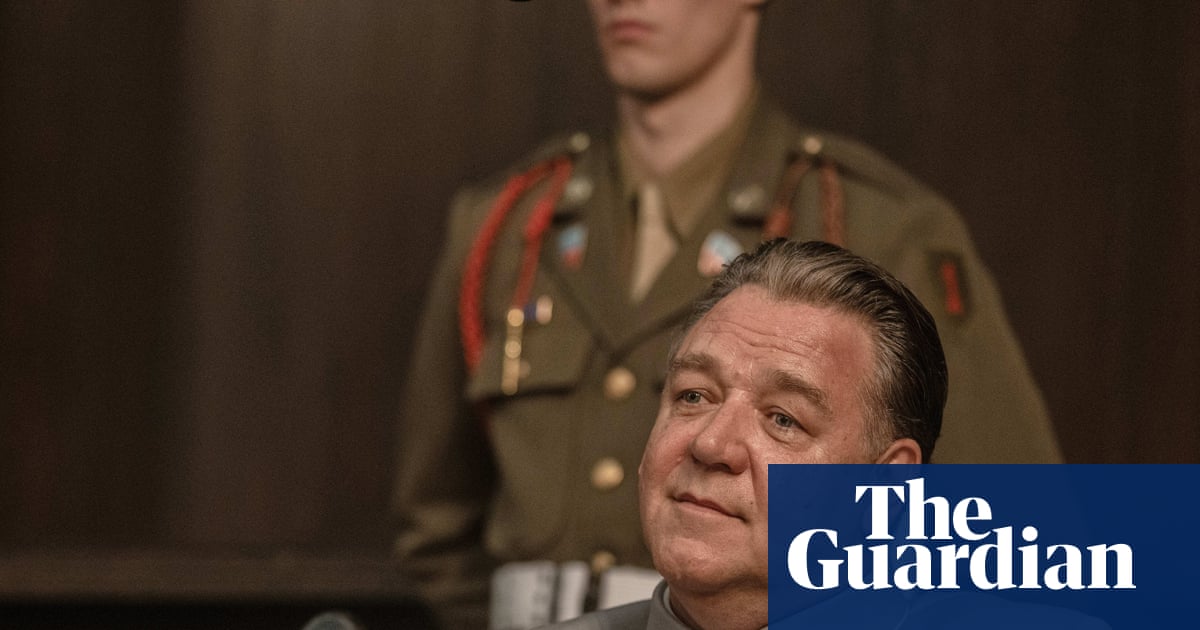Mona Awad was trying on a forest-green, deer-patterned dress when she realised that the psychotically twee characters from her 2019 novel, Bunny, had burrowed back into her psyche.
“I looked in the mirror and thought: This isn’t a dress for me, this is a dress for Cupcake,” she says, referencing one of the antagonists from her breakout book. “I started thinking about her, and the other bunnies,” says the Canadian author, “and I was like: I have to go back.”
For the uninitiated, Bunny is a surreal, hallucinogenic novel set on a prestigious creative writing master of fine arts (MFA) programme. Narrated by Samantha, an acerbic writer of dark fiction, it centres on a clique of saccharine students whose corny obsessions – internet hair-braiding tutorials, vintage typewriters, tiny baked goods – belie their true demonic natures. Behind the scenes, the bunnies are magically creating hunky man-bunny hybrids they call “drafts”. These darlings eventually have to be killed – literally, with axes.
A satire about creativity and class, Bunny was chosen as a best book of the year by Time and Vogue, and hailed as “genius” by Margaret Atwood (Atwood later named Awad her “literary heir apparent” in a magazine feature). It became a bestseller in 2021, selling more than a million copies worldwide, after being embraced by fans of weird girl lit and so-called femgore on Booktok; in 2023 it was optioned for film by Bad Robot.
Awad has published two subsequent novels: 2021’s All’s Well, a trippy tale about a theatre professor who finds an unconventional cure for chronic pain, and 2023’s Rouge, about a grieving woman who is drawn into a skincare cult. All the while, the buzz around Bunny has never faded. Its most ardent fans frequently send Awad tributes via Instagram DMs. A band, the Greys, wrote a Bunny-inspired song; one reader was inked with the line ‘Unsmiling, but soul happy’, and Awad mentions “an incredible tattoo of a decapitated bunny that I love”. The reaction, she says, has been “unreal. I’m so moved by it.”
This month Awad, 47, goes back down the rabbit hole with We Love You, Bunny, a follow-up novel voiced by the bunnies themselves, and one of their hybrid creations, Aerius. Expanding the Bunnyverse was a risk. “I knew that readers who did connect with Bunny had a very strong relationship with the text that had nothing to do with me,” Awad says. “I was afraid of meddling with that.” At the same time, it felt “inevitable” that she would return one day, in part because writing the book was such a transformative experience. It was her first foray into surrealism and fantasy; her 2016 debut, 13 Ways of Looking at a Fat Girl, was realist. Bunny was “where I first discovered a way of telling stories that was exciting to me”.
Awad is in San Diego, California, when we speak over Zoom. She looks like a glamorous goth in a black dress, her hair a dark curtain occasionally falling over one eye. This is not her own house but a place she found a few years ago when searching for a writing retreat: she spends the rest of the year between upstate New York, where she is an assistant professor on the creative writing programme at Syracuse University, and Boston, where her partner lives. But having had a “particularly vivid and exciting” experience writing Rouge at the house in La Jolla, she keeps coming back. “I think I became superstitious.”
after newsletter promotion
The mystery of the creative process is a subject Awad mines with gleeful irreverence in We Love You, Bunny. She was interested in exploring “the ethics around creation”, she says, particularly when writing from Aerius’s perspective, in chapters that make playful reference to Frankenstein, Jane Eyre and the Velveteen Rabbit. “The bunnies are writers – and they’re psychotic,” she says. “They’re grabby, they’re greedy. There is something about making art that’s beautiful, but it’s also a bit of a violence. I was interested in capturing that hunger that we have to make. What’s that about? And what’s the cost of that?” Aerius is “disgusted by writers and all of their typing and scribbling and trying to take down the moon. Sometimes, I feel that way too!” she says, laughing.
Awad was born in Montreal. She describes herself as “a very shy kid” who frequently felt like an outsider. For example, her mother, who was French Canadian and Catholic, raised her to speak English, which left her feeling “estranged” from the language spoken by the maternal half of her family, even though it was her mother tongue. “And the same thing happened with religion,” she says. Her father is Egyptian and Muslim; her parents decided that she would not take on either of their religions, which left her feeling marginalised at her strict Catholic school. Also, being half Egyptian, growing up in Montreal “I always felt not quite welcome, not quite at home. It was never direct. It was just kind of a feeling,” she says. Later, she struggled to adjust when she moved from Quebec to English-speaking Ontario. School was sometimes tough. “I dropped out a few times, and I even dropped out of college once,” she says, but she always loved to read. She was an only child whose parents worked in hotels. “My mother and father both always had to work Christmas and New Year’s. So usually, they would get access to a room, and that’s where I would be, reading.”
At college, Awad wrote a poem about body image in a creative writing class. Though her professor praised it effusively, she ended up dropping out. “I got so scared of failing that I just kind of stopped trying for quite a while, didn’t come back to [writing] seriously until my late 20s or early 30s.” Instead, she worked as a magazine editorial assistant in Montreal; wrote a spoof food column as Veronica Tartley, a writer with “a number of eating disorders, whose reviews are all filtered through her neuroses”; and studied a lot, including completing a masters in English at the University of Edinburgh, where she wrote her thesis on fairytales. It was during her MFA at Brown University – which inspired the similarly cloistered environment of Warren University in Bunny – then during a PhD at Denver, that she finally found a way to turn that early poem into a novel.
Awad’s influences include Oscar Wilde, Jean Rhys and Atwood, particularly her “early, stranger gothic novels” – Lady Oracle, The Edible Woman, Surfacing, The Robber Bride – which she loved as a teenager. Her favourite aspect of Atwood’s work, she says, is its “wryness. There is always a sense of humour about it. No matter how deep she goes.” Awad describes herself as “a very dark-minded soul, and humour is definitely a way to survive”. Atwood’s endorsement has, of course, been major: the pair co-hosted a Zoom event for the release of Bunny in paperback and met in person at a photoshoot in 2023 at which the novelist advised Awad “to say ‘fuck it’ more, which I think is good advice for everyone”.
It feels relevant to the preoccupations of We Love You, Bunny that Awad and author Paul Tremblay are currently jointly suing Open AI for “ingesting” their books, though Awad says she cannot talk about the case. She will say that she worries about AI “all the time”; that she cares passionately about the “very human endeavour” of getting a voice down on the page. She is in the midst of creating another such voice as we speak. “I am working on a novel, and it is a monster,” she says – a term which one hopes and imagines, in Awad’s world, carries a twisted double meaning.

 2 months ago
62
2 months ago
62










